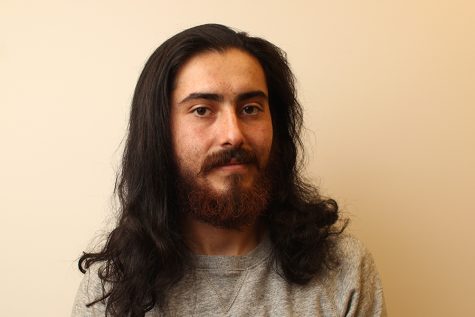Committee looks for green energy solution
Monthly meeting to discuss means of reducing carbon footprint
Dec 10, 2014
The Sustainability Committee’s meetings and a continental breakfast take place the first Thursday of every month in the Buildings and Grounds Conference Room at 7 a.m.
The sub-committee of the Contra Costa College Operations Committee, whose purpose is to raise attention to issues pertaining to the daily operations and create plans to solve them, consists of students and faculty.
This semester, Building and Grounds Manager Bruce King said the Sustainability Committee has set multiple projects in motion that would not only reduce the carbon footprint of the college but also cut down energy costs.
“(Our Sustainability Committee) is the most active in the district,” King said.
Besides creating the guidelines for the Carpool Parking Initiative that will start at the beginning of the spring semester, members of the committee have discussed projects that would establish a carbon footprint baseline for the campus. Aaron Garcia works in the Transfer Center at CCC as an office assistant but is majoring in environmental science.
Garcia said he plans to bring the college, and the Contra Costa Community College District into compliance with state legislation by using the Cal State- East Bay 2006 Carbon Report as an example.
“We need to get energy from a source that does not use coal to power gas and electricity,” he said. “If we can harvest more energy from the solar panels on campus, it will be a long term investment and set an example for our area.”
Environmental Studies Program Director at Cal State-East Bay professor Karina Garbesi wrote the Carbon Report. It is an analysis of Cal State- East Bay’s energy related carbon dioxide emissions and the potential to reduce the campus’ carbon footprint.
Garcia said if CCC and the district conduct a baseline carbon study, they could reduce their expenses by 50 percent.
Garbesi said the most difficult task is garnering the support from faculty, staff and administration. “You need to have the faculty and students want to make a change. Organizing these groups can be difficult, but can be very exciting.”
Currently, CCC gets energy to keep the campus operational through a third-party company Constellation, which provides assistance to strategically buy, manage and use electricity and natural gas.
King said the committee also intends to lower carbon usage of the college by informing the students and faculty about different water and electricity conservation techniques.


